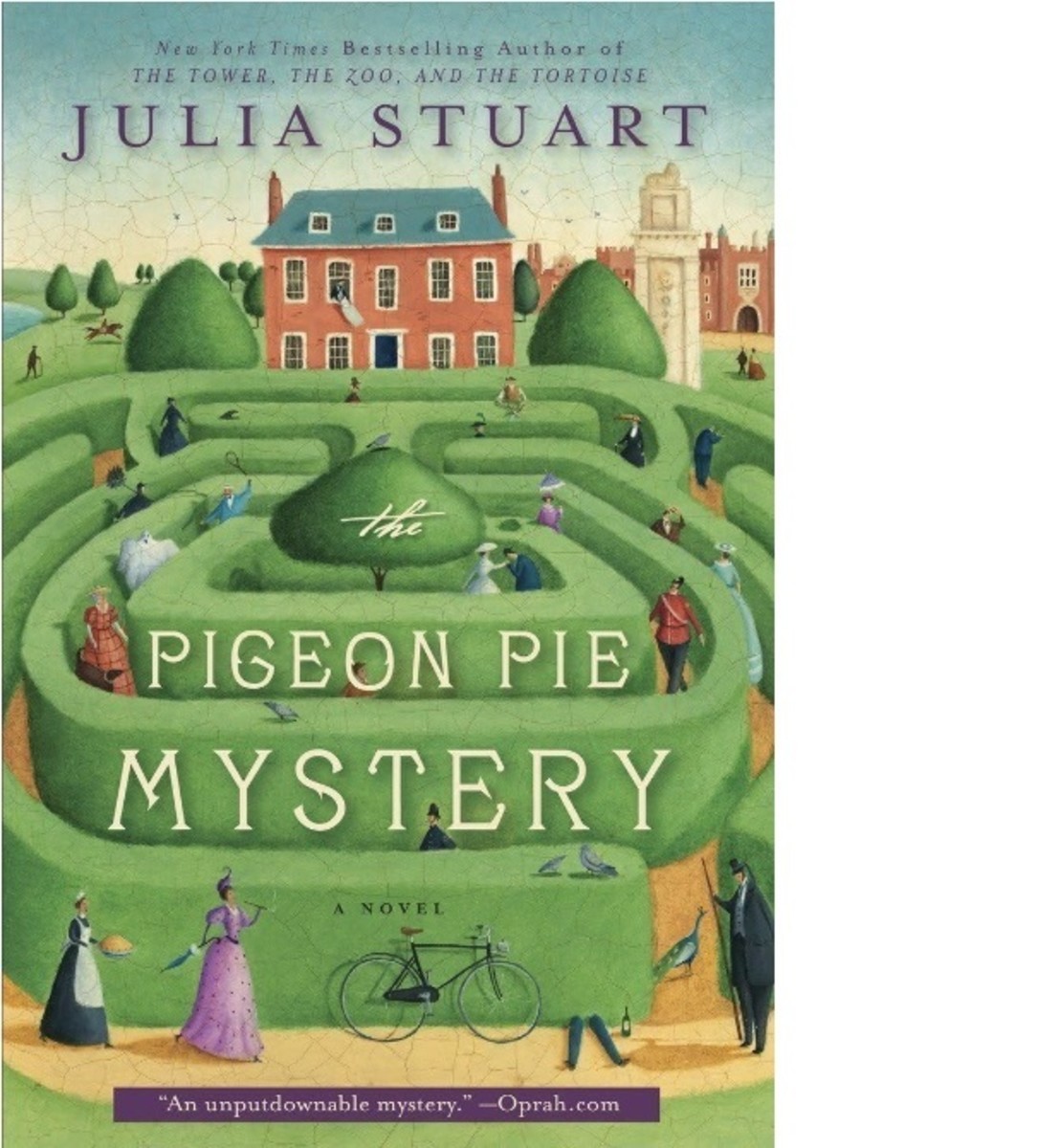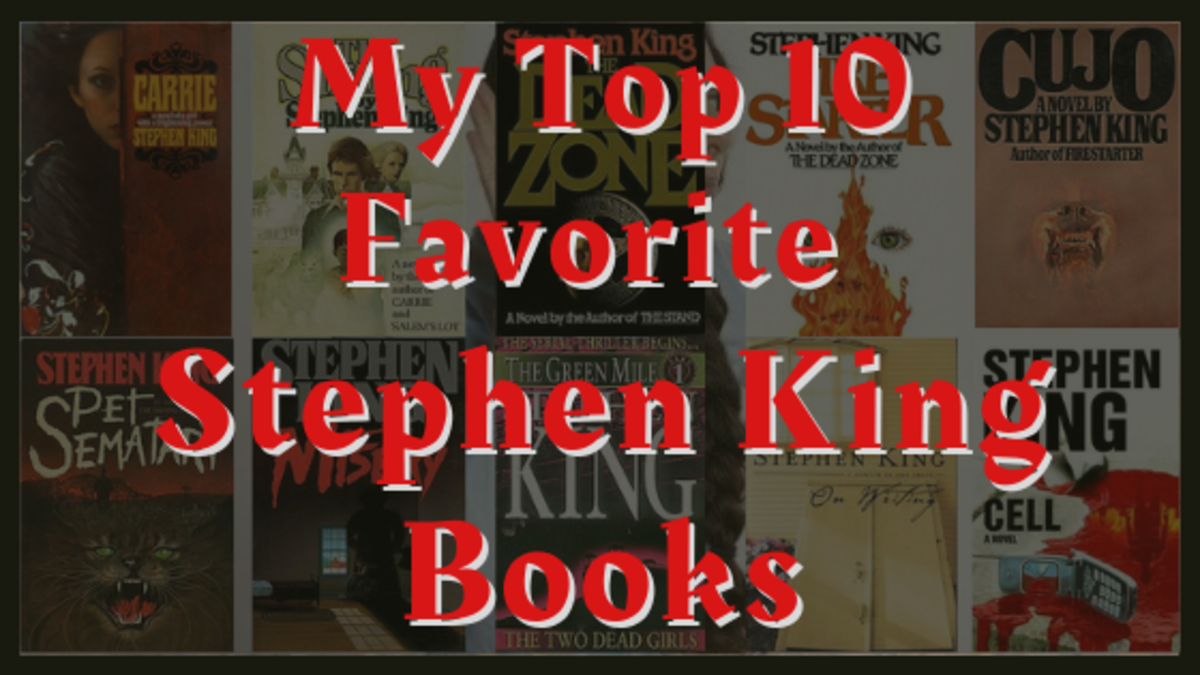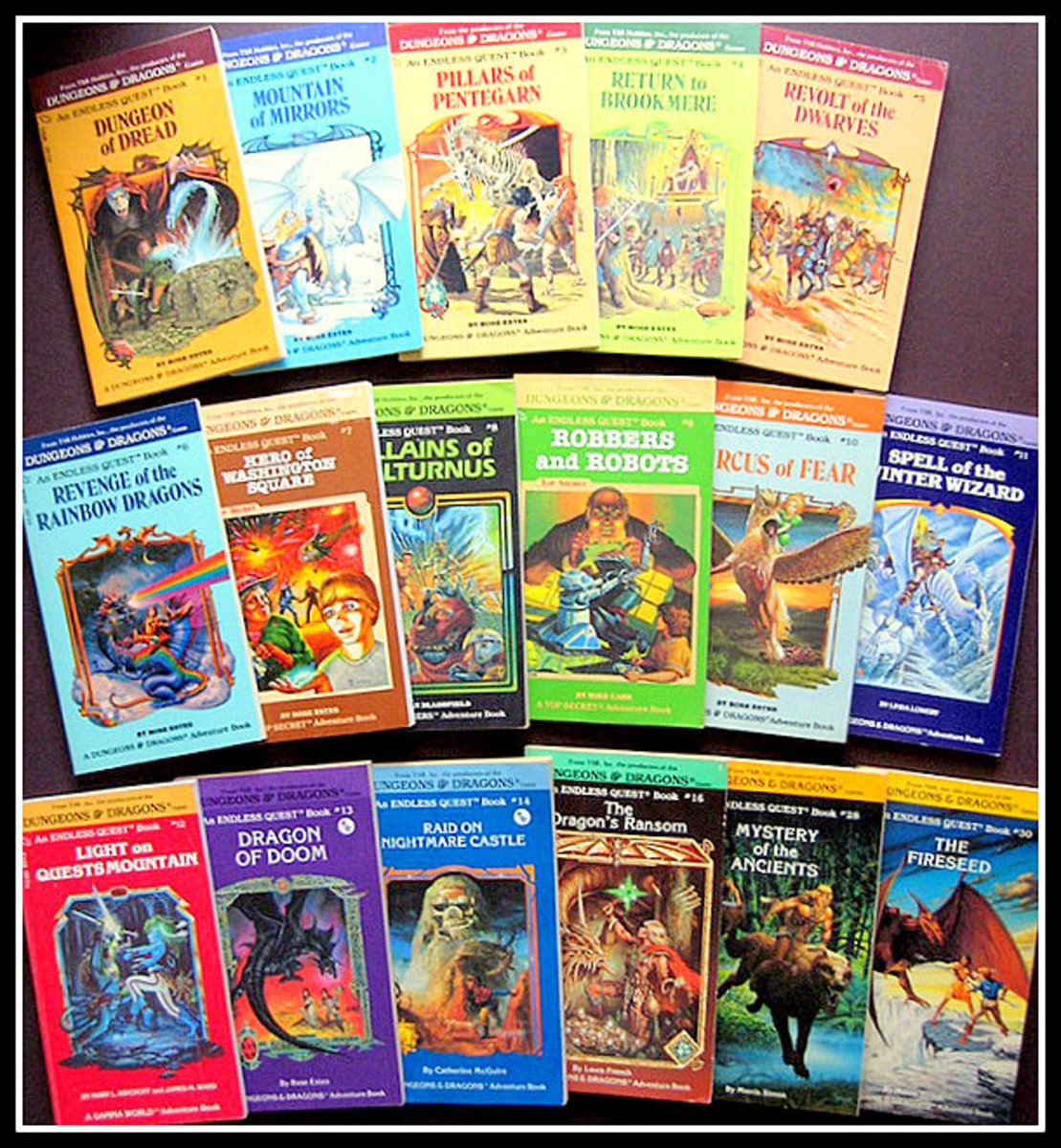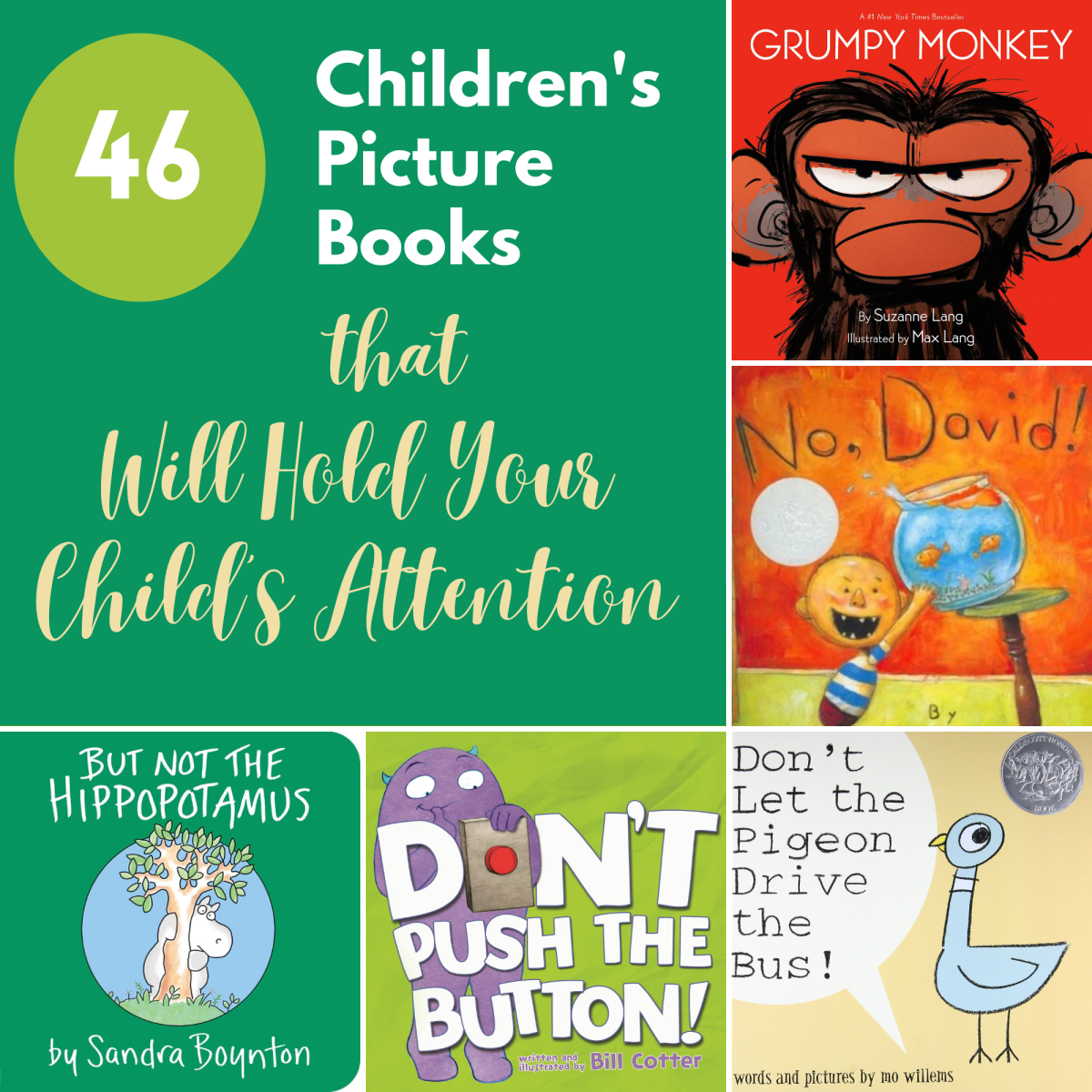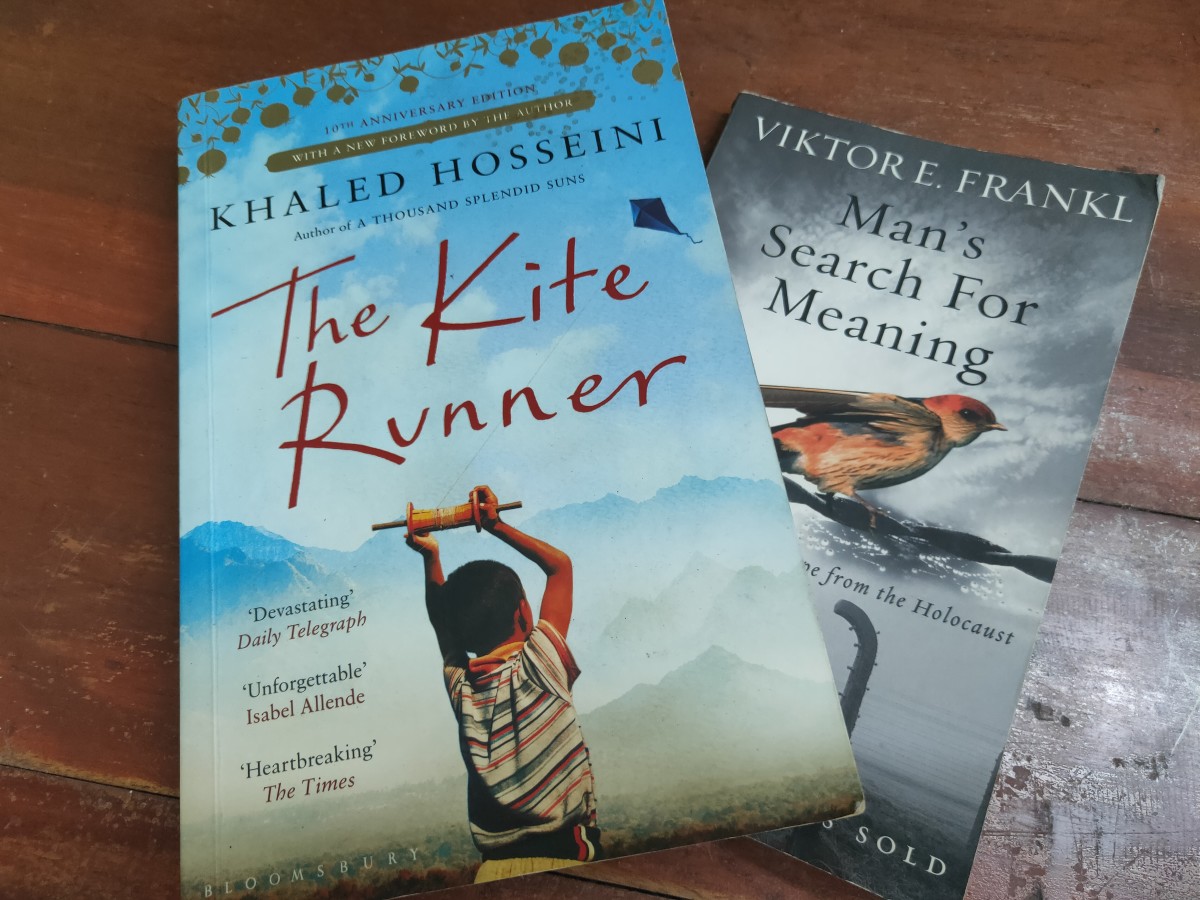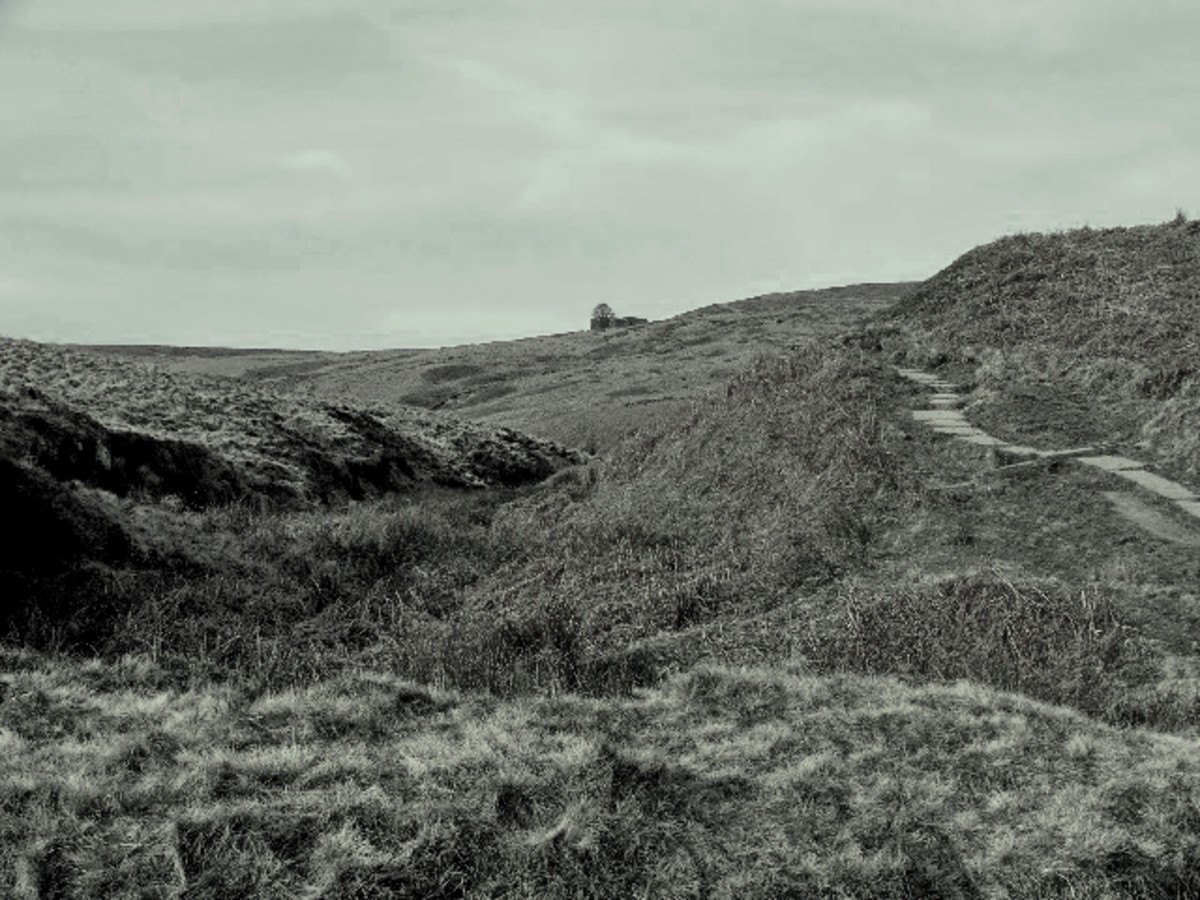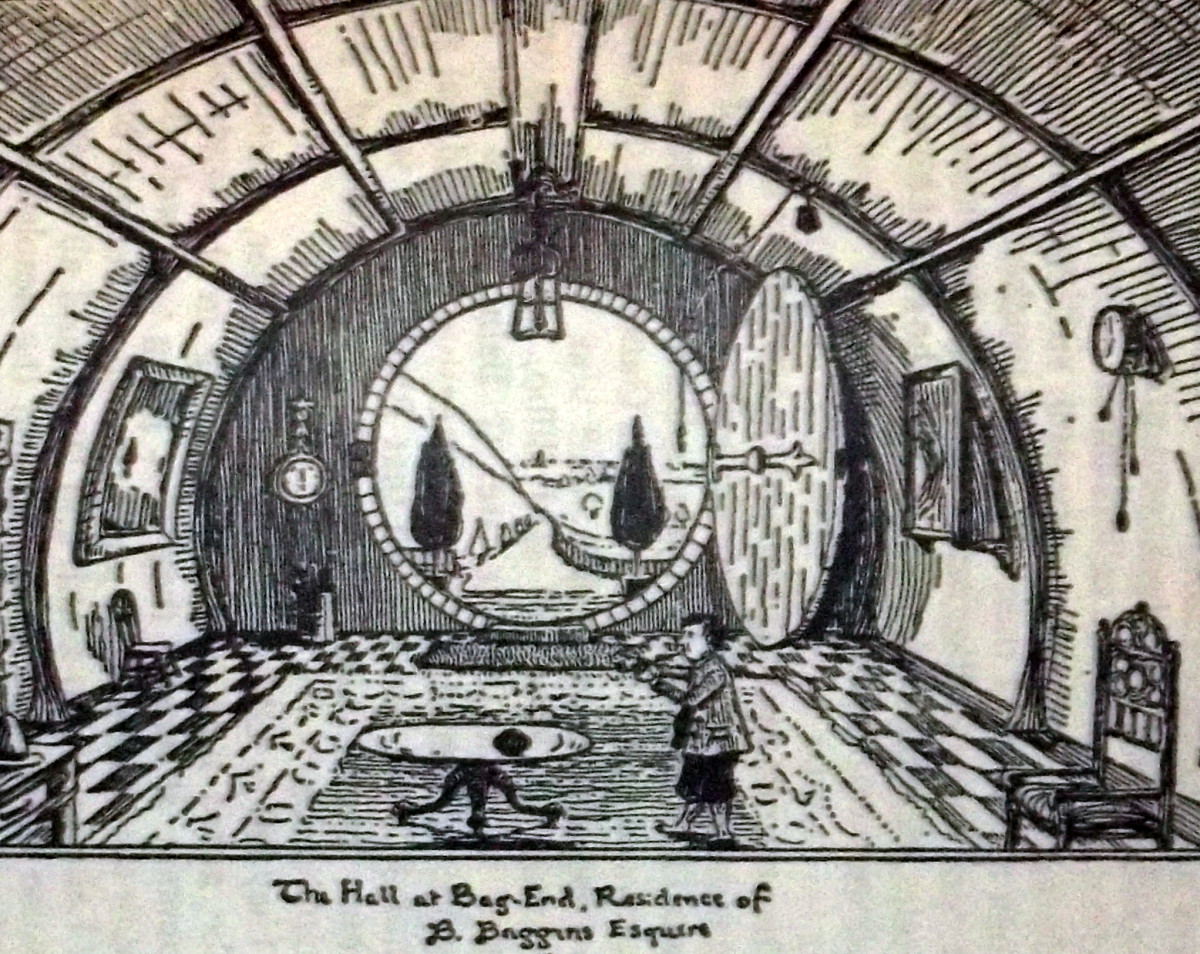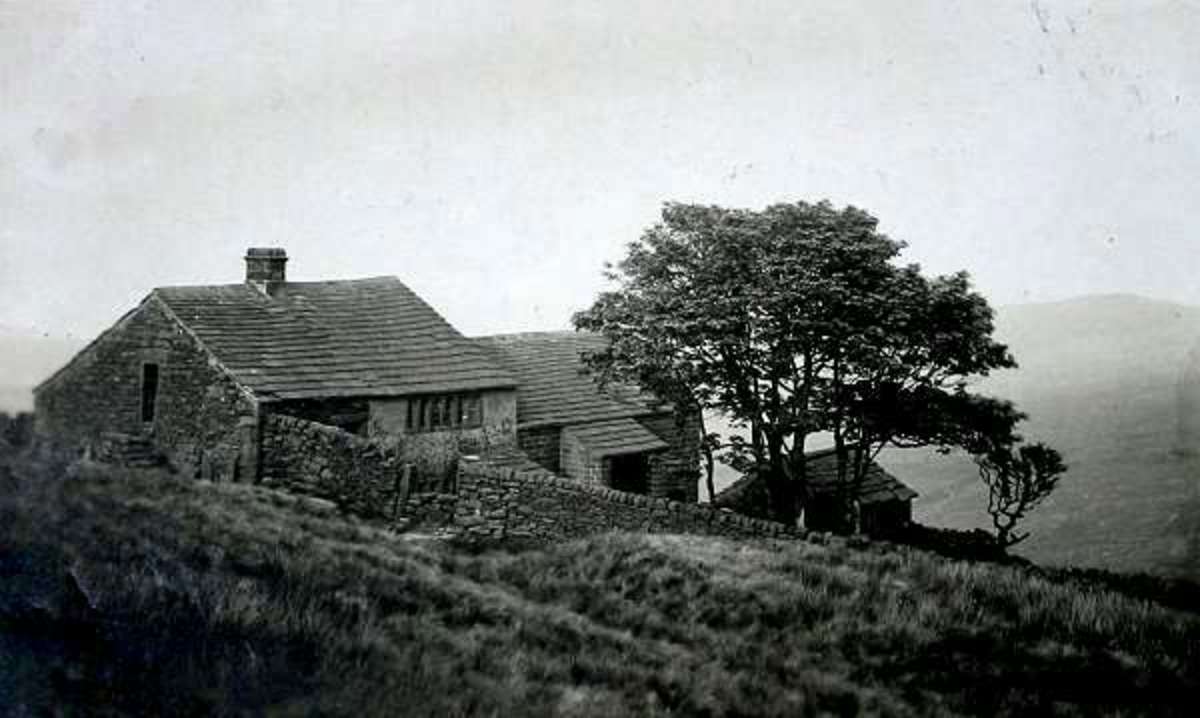Chick Lit: Empowering or Pathetic?
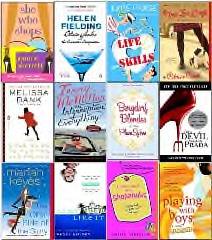
Ladies (and some gentlemen), can you tell me when was the last time you read a really good chick lit book not including any under the young adult fiction genre? My honest answer? Not since Sex and the City. And it’s not that SATC is such a great book (it’s mainly a jumble of thoughts written in journal form, not column form, just in case you’ve never read it yourself), but it’s how the book was presented to women that made it good, in my opinion--Candace Bushnell gave it to us straight, no chaser. In other words, it didn’t have that cry for me (or cry with me) whining ring to it, nor did it have a completely clueless 20-something navigating its pages looking for that true and unattainable love. What I loved about SATC is that it stripped a layer off women that so rarely shown: the nonchalant, jaded, sexually aggressive and submissive, self loathing and self loving, not so neat truth that lies just beneath the made up, D&G donned, stiletto wearing, perfectly manicured version of ourselves that we see in the mirror everyday. In other words, I liked it because it wasn’t total bullshit. One month we may be pining away for love, the next we can’t wait for a really good book or movie to come out and that kind of eclipses everything else, the next we’re lusting after a guy we know we can’t have, and then the next thing we know we’d choose a deluxe hamburger and career success over a man any day. We’re fickle. We’re in these industrialized parts of the world and we’re a bunch of selfish flakes. I just wish chick lit would get back to what it used to be, or what it was attempting to move towards, and stop trying to romanticize everything as well as prettying up very ugly things.
One of the worst books that I tried to read from this particular genre was Jennifer Weiner’s Good in Bed. It started out okay and then somewhere it just got bad. Really bad. I suppose it started when the author went into nearly two and a half pages (at least it felt like I was reading two and a half pages) of intricate detailing of food and restaurants in the Pennsylvania area. If it’s a part of the book and adds to the story, fine, but it was like reading a foodie’s guide to the area of Philly the character “Cannie” hailed from and not only was it not needed, it was boring. If your character is over weight, tell us about it, but we don’t need an outline of their dietary habits for the past 10 years. It becomes tedious very quickly. Believe it or not, the story got worse. The narrator/protagonist got whiny. Not just whiny, but needy and desperate as well. The man that she dumped at the beginning of the book in fierce and furious fashion became the man she decided she wanted to be with again in the middle of the story for NO GOOD reason at all. His father died so the author decided to make the main character throw herself at her ex (whom she dumped) with no real explanation--other than his father died and she was lonely and feeling fat. Okay, so maybe there was a reason, but it wasn’t good. It got so bad that I stopped reading page by page and just skimmed through the rest of it. **SPOILER AHEAD** So this seemingly intelligent woman gets pregnant by this man who obviously does not want anything to do with her and I just didn’t want to know anymore. The skimming had provided enough information to let me know that this story was not for me. I closed the book in disgust.
Is that what women are reading and hailing as good fiction now??? It makes me sad to think that…
I read through other titles and their descriptions on Amazon and they were pretty much all the same: If the woman wasn’t merely looking for love, she was trying to lose weight to get a guy she wanted (or any guy for that matter, to put a ring on her finger). That’s the basic gist of the majority of chick lit books now.
Is that all we are? Has that what we’ve reduced ourselves to as women? It’s bad enough that we have shows like The Bad Girls Club depicting us as borderline mental cases and gold digging sluts; and even in movies if we’re superheroes we have to tool around in skintight costumes with our boobs made to look bigger than what they really are on rail-thin bodies, but to reduce ourselves to nothing more than sniveling doormats between the pages of books just seems wrong. If the woman isn’t trying to rationalize stealing her best friend’s boyfriend in Something Borrowed (the movie is a lot better than the book, trust me), she’s indecisive about her husband and an ex from yesteryear in Love the One You’re With (FYI/Spoiler alert: she chooses the husband for security purposes even though their marriage is clearly hanging on by a threat and won’t last).
If anything, we should be trying to uplift our vagina-having counterparts in the vein of Mary Wollstonecraft, Maya Angelou, and Alice Walker. We should be saying this is what having a backbone is, this is courage, this is sadness, this is heartbreak, this is stress, this is REAL. If it’s about love, make your love story count, make it as beautiful or as ugly as you can get it, but above all, make it count. I can’t help but think that only thing women do now in their books is whine about how bad they’ve got it, how unfair life has been to them, and how cruel fate is to have them end up *gasp* fat and without a husband. Trust me, there are a lot worst things in life than that, but it seems that women that are writing books in their twenties and thirties now really don’t get it. They maybe good writers in the technical sense and have a knack for storytelling itself, have taken the necessary workshops and courses in English and Creative Writing, but they’re missing some fundamental components that makes a story about a young woman and love truly something to marvel at and enjoy. Also, I’ve noticed a trend where American women that are middle age or approaching middle age with money to burn always end up in another country (particularly India) when problems arise in their lives and later claim that their trip solved their problems. The problem is usually that they’re not in a relationship--their marriages or long term relationships were a bust--and in the books they end up with one so there’s the answer. The second problem is that they were sitting around twiddling their thumbs and they simply didn’t know what to do with themselves--in other words they were bored and no longer had any direction in their lives, or at least they couldn’t think of other direction to take except to hop on a plane and find an ashram. There are so many so-called Christian women in these books that start practicing Hinduism with no hesitation it’s almost laughable. If they’ve had a difficult time dealing with Christmas in the States, they’ll practice Hinduism for a few weeks and come back later. But I’m not going to get into that right now. Third, all they’ve taught us in their novels is that when you have a problem in life, instead of facing it, run away. Live life on another continent until you feel comfortable enough to come back and face the days in the country where you left everything to pick up once you’re finish “finding yourself”. That’s the theme of chick lit now--finding yourself. How about get to know yourself and maybe you won’t have to look so hard. That’s one suggestion I’d make.
Maybe I’m coming off a bit too strong here, but the last few books I’ve read have just been--annoying. And I think that’s putting it mildly enough. I’m pretty sure a lot of people will say the main idea of chick lit is just to be mindlessly amused, but I want substance as well. Maybe that’s too much to ask at this point, but it’s what I want.
With all the female writers out there right now, you would think there would be more powerful stories, but sadly there aren’t. Instead, we have more garbage than anything. I no longer look for stories in the here and now, women in their 20s and 30s navigating through life. No. I look for Jenny Han, Sara Shepard, Sarah Dessen, and Suzanne Collins. They may speak from teens’ perspectives, but their stories are a lot deeper, much more profound than the things that are meant to be for women my age. At least when I sift through the young adult books I’ll find both entertainment and substance, because sadly that’s lacking in most of the supposedly true to life chick lit novels.

